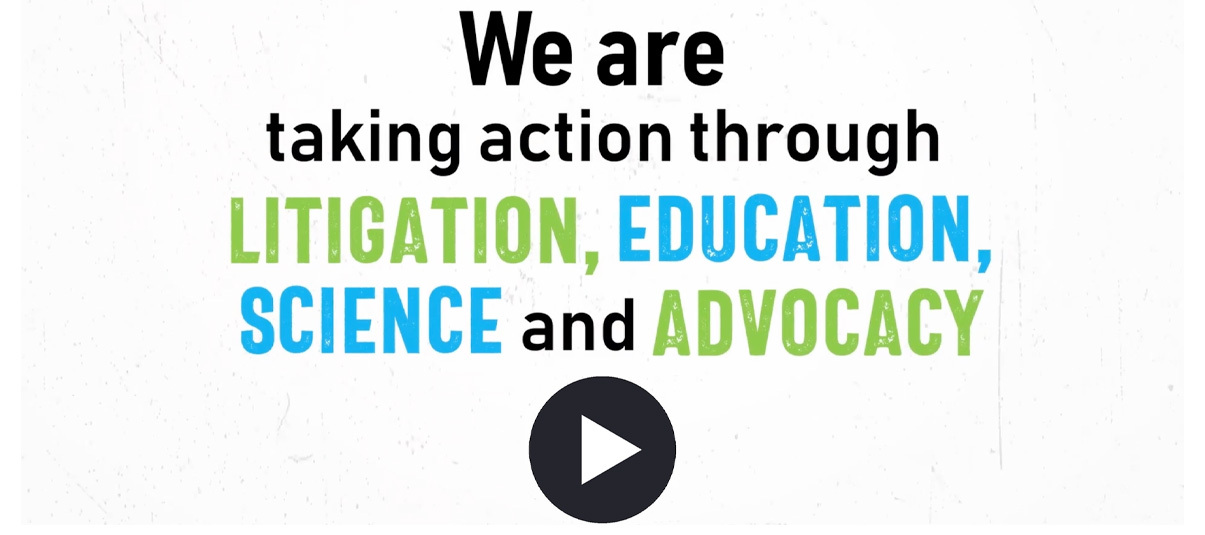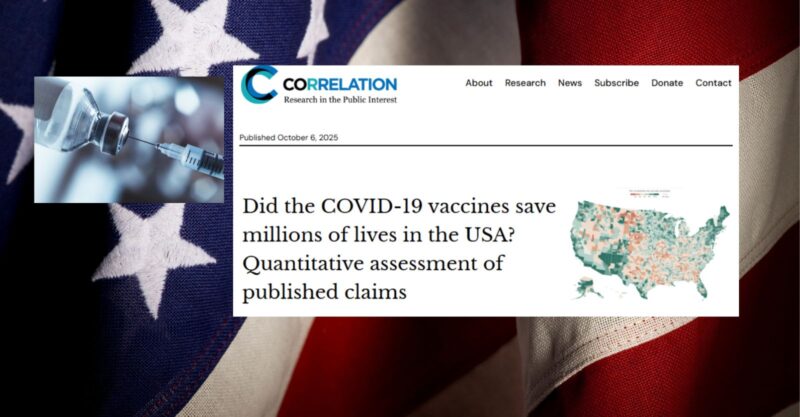Canadian Researchers Challenge Flawed Models Behind COVID “Shots Saved Millions”
A new preprint by Correlation Research in the Public Interest argues the “millions of lives saved” narrative rests on speculative models — not real-world mortality data.
Canadian researchers Denis Rancourt, Ph.D., and Joseph Hickey, Ph.D., say the evidence used to support those claims relies on counterfactual models — computer simulations built on assumptions about infection rates, fatality risk and COVID injection efficacy.
Rather than showing proof that the COVID shots reduced deaths, the researchers argue the models imagine an alternative world without vaccines and then credit the shots with preventing deaths that may never have occurred. “It’s politics by science,” said Rancourt.
Challenging the Narrative
Rancourt and Hickey specifically critique the models cited by Dr. Peter Hotez, who told U.S. Congress in 2024 that COVID vaccines saved millions of lives. His claim relied on a 2022 study by Meagan Fitzpatrick, Ph.D., which used hypothetical models to estimate that COVID-19 vaccines prevented 3.2 million deaths in the U.S. alone.
Our latest study released today with @josephmhickey: https://t.co/ovHpY5WnR3
This proves that the fantastic and unverifiable claims repeatedly made by Peter Hotez that millions of lives were saved by the COVID-19 vaccines in the USA are baseless pic.twitter.com/6u6tJdPTPM— Denis Rancourt (@denisrancourt) October 7, 2025
Mainstream media and policymakers amplified this number as fact. But Rancourt and Hickey argue Fitzpatrick’s work — and similar studies in The Lancet and JAMA Health Forum — depended on contrived, non-transparent assumptions, rather than empirical data.
“These are contrived studies,” Rancourt said. The models assume implausible coincidences, such as the virus suddenly becoming more virulent precisely when vaccines were rolled out.
Evidence vs. Counterfactuals
Instead of relying on models, the researchers examined all-cause mortality data, which reflects real, measured deaths. Their analysis found no sharp decline in mortality following vaccine rollouts. Excess mortality remained elevated in 2021 and 2022, contradicting the “millions of lives saved” narrative.
‘Garbage Science’ and Policy Implications
Rancourt warns that such speculative models aren’t just academic exercises — they influence policy.
“False claims accepted by government officials and their advisers can have a disastrous effect on public health policy and society,” he said.
The authors also criticize the peer review system for allowing these studies to appear in top journals despite relying on questionable assumptions.
“The medical establishment paid by pharma are just worker bees trying to please their masters,” said Rancourt. “It’s garbage science.”
Why This Matters
If claims about lives saved are based on speculative models rather than real-world data, policy decisions — including COVID jab mandates, booster programs, and public messaging — may overstate benefits while underreporting risks. Rigorous scrutiny of these models is essential to ensure transparency and accountability in public health.
Read the original article from CHD’s The Defender HERE
**************************************************************************************************************

